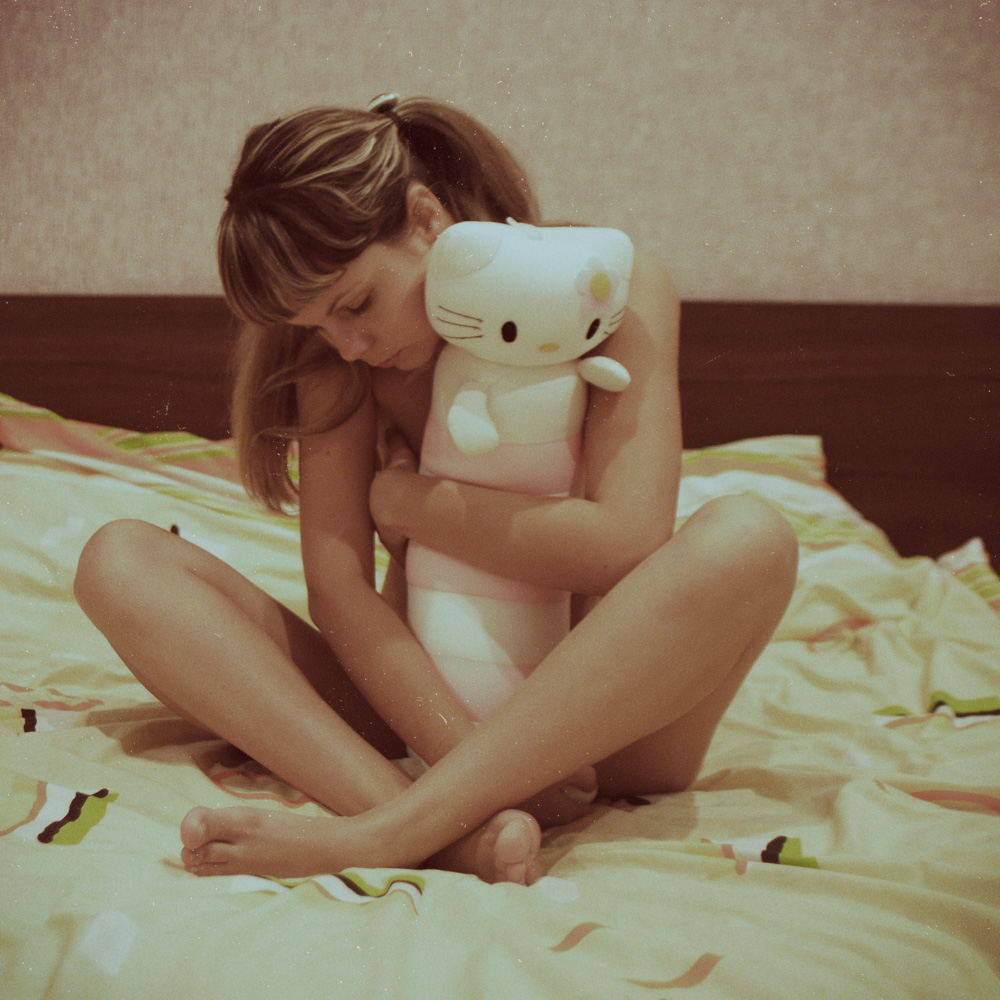"Just once in my life,
I think it'd be nice,
Just to lose control, just once."
I think it'd be nice,
Just to lose control, just once."
Somtimes keeping all this inside is exhausting and I wish I could just let myself lose control. I envy those who are in a 'safe' environment (ie. a psychiatric ward) in which they no longer have to act sane, they can just let it all out, be as mental as they like and its ok, thats what everyone expects. But when you are married and have a job and people depend on you being reliable and stable it becomes impossble to find a release for all these thoughts and feelings caused by BPD. This may be one of the reasons behind my depression. Having this much control over myself is somwhat of a self sacrifice and it often leads to impulsive behaviours such as drinking, self harming either through cutting or not eating). This all leads to alot of guilt which in turn is another cause of depression. My feelings of shame, guilt and self loathing have never gone away, and I am afraid that my husband will see me for who I am and then reject and abandon me. I'm terrified of fucking this up, so I push him away. Keeping all this in is somtimes too much and I can get irritable especially with my husband. I resent him somtimes because I am fighting a constant battle to 'be normal' and he does not realise it (I guess I do a good job), does not comprehend it or understand and somtimes I dont feel like I get enough back in return for all my efforts to apear normal for his sake.
In some ways being an acting out borderline is a healthier way to be, even though on the surface of it it may apear that they are more ill. I wouldn't be surprised if acting in borderlines had a greater incidence of depression than those who are low functioning. I certainly think that high functioning borderlines get overlooked and are less likely to get a diagnosis of BPD than somone who is clearly displaying all of the symptoms. When I look at the criteria I can identifiy will nearly all of them, but if you asked somone else if they thought I had those symptoms, even if you asked my husband, they would probably all say no. But if you were to really examine my life, my behaviour and if you had unlimited acess to all the things I have done and said then you would see them there, just more subtly in the background. And if you where to open up my mind and peer into it, you would see them quite clearly.
BPD is manifested by a pervasive pattern of
instability of interpersonal relationships, self-image, and affects, and
marked impulsivity beginning by early adulthood and present in a
variety of contexts, as indicated by five (or more) of the following:
- Frantic efforts to avoid real or imagined abandonment. Note: Do not include suicidal or self-mutilating behavior covered in (5).
- A pattern of unstable and intense interpersonal relationships characterized by alternating between extremes of idealization and devaluation. This is called "splitting."
- Identity disturbance: markedly and persistently unstable self-image or sense of self.
- Impulsivity in at least two areas that are potentially self-damaging (e.g., spending, sex, substance abuse, reckless driving, binge eating). Note: Do not include suicidal or self-mutilating behavior covered in (5).
- Recurrent suicidal behavior, gestures, or threats, or self-mutilating behavior.
- Affective instability due to a marked reactivity of mood (e.g., intense episodic dysphoria, irritability, or anxiety usually lasting a few hours and only rarely more than a few days).
- Chronic feelings of emptiness.
- Inappropriate, intense anger or difficulty controlling anger (e.g., frequent displays of temper, constant anger, recurrent physical fights).
- Transient, stress-related paranoid ideation or severe dissociative symptoms.

No comments:
Post a Comment